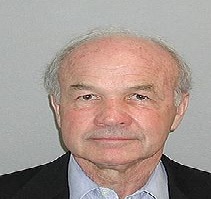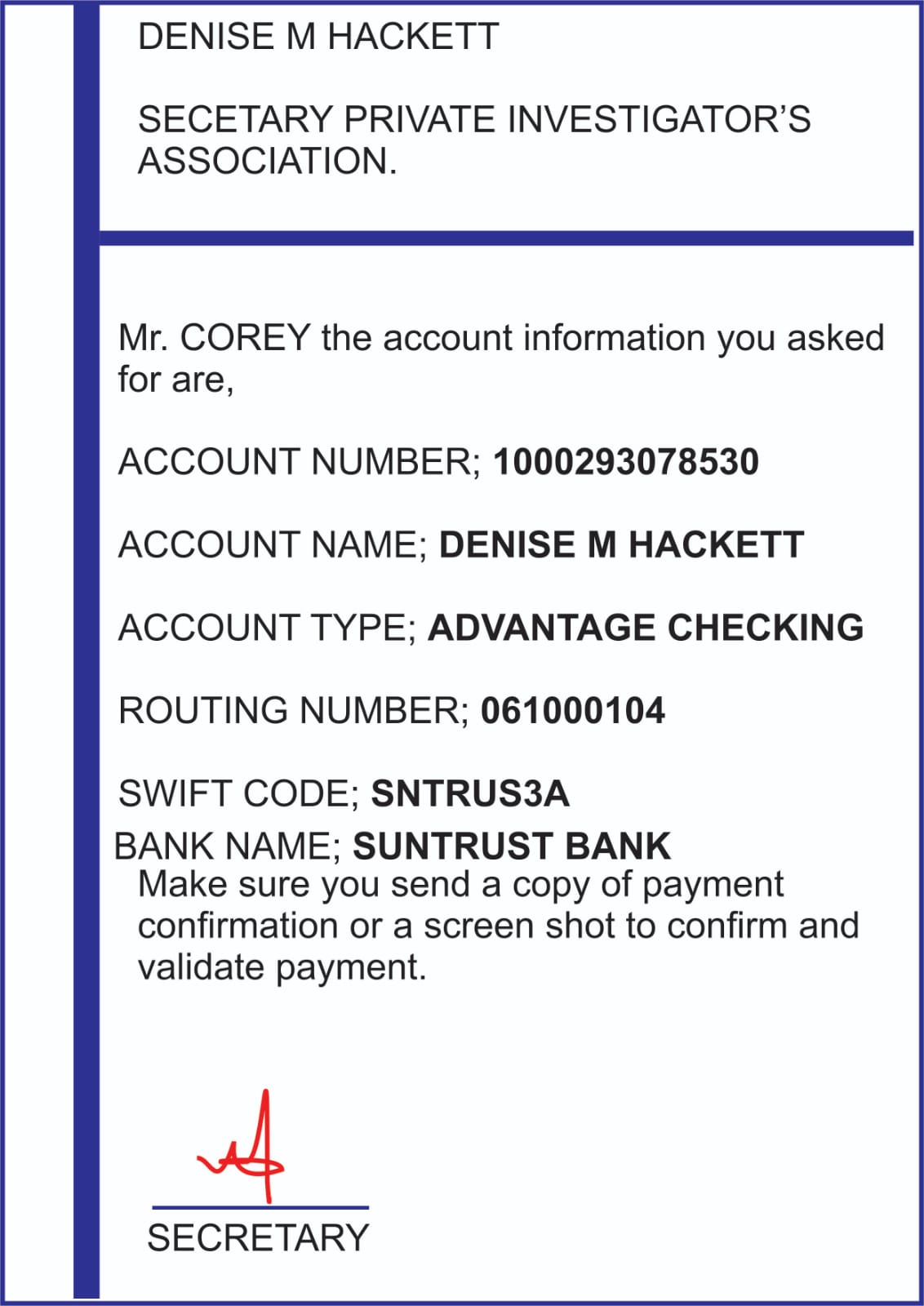Scammer Richard Martino
Details |
|
| Name: | Richard Martino |
| Other Name: | |
| Born: | 1960 |
| whether Dead or Alive: | Alive |
| Age: | 64 |
| Country: | New York |
| Occupation: | Businessman |
| Criminal / Fraud / Scam Charges: | Internet and Phone Scams |
| Criminal / Fraud / Scam Penalty: | On January 30, 2006, Martino was sentenced in New York to nine years in federal prison. |
| Known For: | |
Description :
Richard Martino
Richard Martino, born in 1960, is a notorious American mobster and fraudster associated with the Gambino crime family. He gained infamy for orchestrating a series of high-profile scams and frauds, exploiting both traditional and technological methods to amass illicit wealth. His criminal activities reflect the evolving nature of organized crime in the digital age.
Early Life and Criminal Association
Richard Martino grew up in an environment heavily influenced by organized crime. He became involved with the Gambino crime family, one of New York City's most powerful and infamous organized crime groups. His association with the Gambino family marked the beginning of a career characterized by a shift from conventional mob activities to sophisticated financial frauds and scams.
Telecommunications Fraud
In the 1990s, Martino was at the forefront of several large-scale telecommunications frauds. He and his associates established businesses that provided "adult entertainment" telephone services. These operations exploited billing systems to charge unsuspecting consumers for services they did not use or were misled into using. This fraudulent billing practice, known as "cramming," generated millions of dollars in revenue. Martino's ability to manipulate these systems demonstrated his adaptability and cunning in leveraging new technologies for criminal gain.
Online Subscription Fraud
With the advent of the internet, Martino expanded his fraudulent activities into the digital realm. He masterminded a massive online subscription fraud that deceived consumers into signing up for services with hidden recurring fees. These deceptive practices included offering free trials of products and then charging consumers' credit cards without their explicit consent. The scale and sophistication of these scams highlighted the vulnerabilities of the burgeoning digital economy to exploitation by organized crime.
Arrest and Charges
In 2003, Martino's fraudulent schemes attracted the attention of federal authorities. He was arrested and charged with multiple counts of wire fraud, mail fraud, and money laundering. The investigation revealed the extensive scope of his scams, which had defrauded tens of thousands of victims and generated tens of millions of dollars for the Gambino crime family. His arrest marked a significant victory for law enforcement in their ongoing battle against organized crime and financial fraud.
Conviction and Sentencing
In 2005, Richard Martino pled guilty to charges related to his fraud schemes. He was sentenced to nine years in federal prison and ordered to forfeit $14 million in assets. His conviction underscored the serious financial damage inflicted on his victims and served as a cautionary tale about the reach and impact of modern fraud. The substantial sentence reflected the severity of his crimes and the determination of law enforcement to bring high-level fraudsters to justice.
Incarceration and Release
Martino served his sentence in a federal prison. During his incarceration, he remained a figure of interest for law enforcement agencies, who continued to monitor organized crime activities. He was released from prison in the mid-2010s but remained under supervision, with authorities keeping a close watch on his activities to prevent any resurgence of fraudulent behavior.
Legacy and Impact
Richard Martino's case is a stark reminder of the adaptability of organized crime and the persistent challenges faced by law enforcement in combating fraud. His ability to exploit both traditional and digital avenues for criminal gain highlighted the need for updated regulatory measures and vigilant monitoring to protect consumers. The financial losses and widespread impact of his scams catalyzed stronger consumer protection laws and increased efforts to detect and prevent fraud.
Impact on Organized Crime
Martino's conviction was part of a broader crackdown on the Gambino crime family and other organized crime groups. It demonstrated the vulnerabilities of these organizations to targeted law enforcement efforts and underscored the importance of interagency cooperation in dismantling complex fraud operations. His case highlighted the evolving tactics of organized crime in the digital age and the critical need for robust law enforcement strategies to combat such threats.
Overall, Richard Martino's criminal activities and eventual conviction serve as a testament to the adaptability and resilience of organized crime. His story underscores the ongoing challenges of fraud prevention and the necessity for continuous vigilance and regulatory oversight in the fight against financial scams and fraud.







